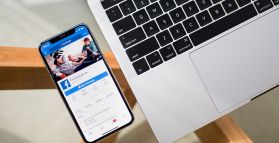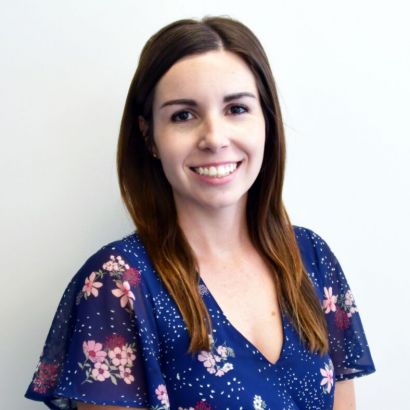
If you’re relatively new to the world of Facebook advertising, working out where to start can be daunting. Used correctly, Facebook advertising has the ability to be an incredibly powerful tool for the generation and conversion of leads.
If you haven’t played around with a variety of Facebook ads previously, the quality of your results could vary drastically. We’ve outlined three simple steps to keep in mind when implementing your Facebook advertising campaign to help improve your return on investment (ROI).
1. Know the best time to run your Facebook ads
Knowing when to run your Facebook ads is an ongoing debate. So, let’s cut to the chase. When really is the best time to post ads? Put simply, the answer is, it varies.
In today’s digital landscape, it’s more competitive than ever to advertise online. To decide when to run your ads, you need to develop a thorough understanding of your business, your industry and who your ideal target audience is. For high performing advertisements, you’ll need to understand your industry trends and statistics inside out, as well as the type of content that is most appealing to your audience.
For example: If you are an online retailer, take note of what time of the day your business typically sees an increase in sales, and compare this to other businesses within your industry. Cross check these results with data from Google Analytics to confirm a timeframe to run your ads.
2. Don’t be too quick to turn off your ad sets if they’re not working!
It’s a common misconception that a paid ad on social media will translate to instant results. In an ideal world, this would be the case. However, just like traditional forms of advertising, online ads take time to generate results.
Facebook advertising is fantastic as it allows you to create an ad set for each audience. This is ideal if you’re wanting to target three different demographics to uncover which one performs better. For example: If you’re launching a new clothing store across three different cities, you will be able to run the same ad across the three locations at the same time, and use the data captured to optimise advertisements for these locations in the future.
What you’ll typically notice, is that one advertisement within your ad set will often outperform another. At this stage, your first reaction could be to turn off the two ads that aren’t performing as well. Before you do this, consider the points below to confirm that you have given your ads the best chance at success:
- How long have your ads been active for? When an ad is created, Facebook will review the content and make this live in your account. This process can take up to a few days, so you could be turning your ads off before they’ve even had a chance to start!
- Is your targeting accurate? Your audience might be too broad and therefore your ad may be shown to those who don’t have a genuine interest in your product. Optimise your target audience for best results
- Review the content within your ads. Advertisements containing too much text in the body or images will be penalised and won’t perform well. Use images that are free of text and keep the wording within your message concise for ease of viewing. Remember, the ad is a just the teaser to what you’re offering on your landing page
3. Get your landing page right
Ensuring that you have a landing page that positively supports your Facebook ad is something that is frequently overlooked, and can be the difference between a lost lead, and a conversion.
When a potential lead clicks on your ad, you only have a few seconds to prove to them that you want their business. If the landing page that is associated with your Facebook ad is hard to navigate, filled with unnecessary information and isn’t tailored specifically to what you’re promoting, this can often lead to a lack of conversions.
Create a landing page that has efficient copy and a user-friendly design. If your aim is to increase sales for an event, don’t link your general business homepage in the advertisement. Users will expect to view information related directly to the advertisement they have clicked on and will often lose interest if they have to navigate a website to find this information. Direct your traffic to an event specific landing page that showcases what’s on offer and is easy to purchase tickets.
If you’re looking to grow your brand through Facebook marketing, get in touch.

